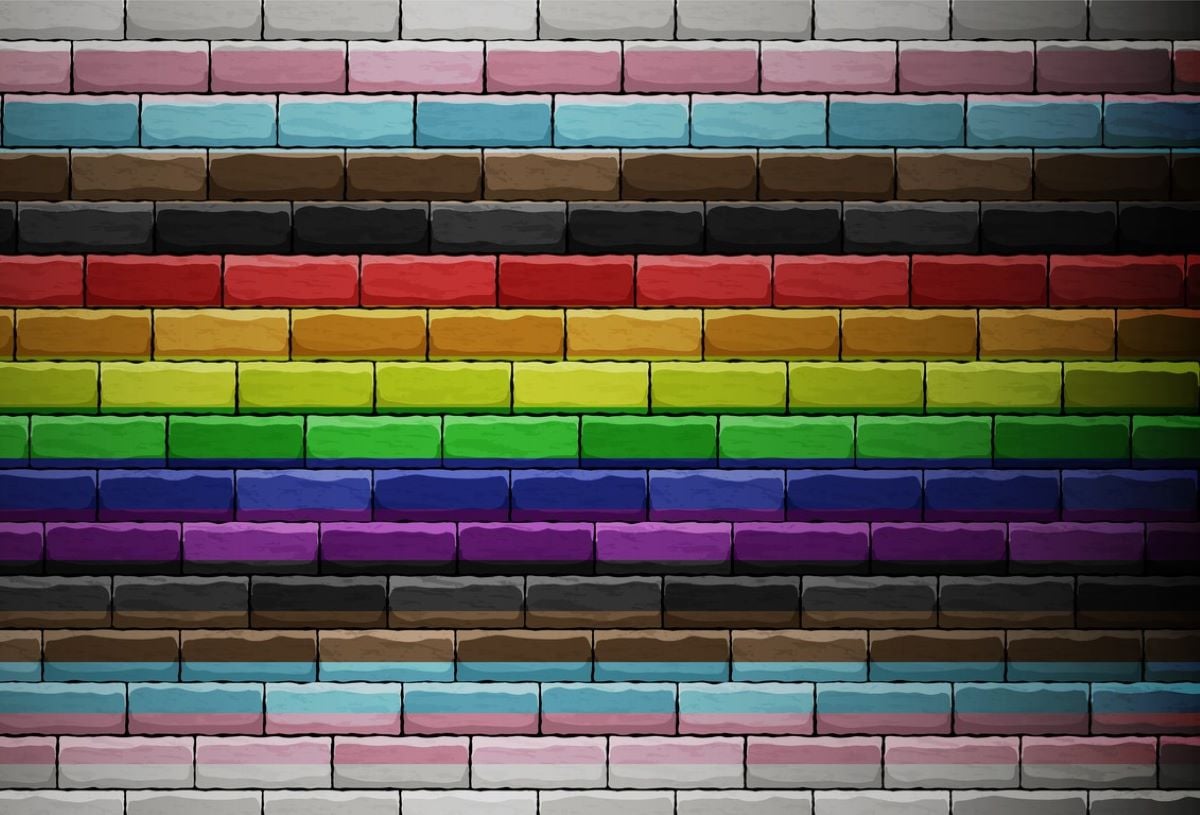
For trans people, our very existence is political
Responding to Arts Professional’s coverage of ACE’s political statements policy in February, Lauren James explains why defending free speech is so important to those working in the sector’s ‘engine rooms’.
It was good to see Arts Council England (ACE) do a bit of a U-turn on its political statements policy, rather than doubling down like so many of our cultural and political figures are so prone to doing.
Restriction of political speech in the arts is one thing for artists, but it has a different impact on people who work in the engine rooms of our cultural institutions.
Holding our tongues
We’re used to holding our tongues and not mentioning things we’re passionate about at the risk of offending someone else who might want to pay us money. My views do not represent the views of my employer, and so on.
To work in the arts – other than as an artist – is to keep parts of ourselves at arm’s length. Artistic work can be challenging and confrontational. Organisations themselves – the people in the box office, or on the other side of emails – need to be welcoming of everyone.
And for trans people, that’s difficult. Our entire existence is seen – by some – as a political act. Something we are forcing upon them.
Double standards
Every time we use a bathroom or put on a pronoun pin or apply for a job, we subject ourselves to the possibility of being challenged for challenging someone else’s worldview.
But when we’re doing these things, we’re just living our lives. We’re not making statements.
Contrast that with the comedian who stands on stage and tells bigoted jokes about trans people. He (it’s always a he, come on) gets to claim it’s just comedy. It’s not political. He’ll get in no trouble for that.
If I were to shut down bookings for his performance, then that’d be political. And I’d probably lose my job. So, I don’t.
I recently had a conversation with someone who works at a venue that’s received complaints for daring to book a trans artist. Not even making political statements in their work – just creating art while trans. That was too much for some.
Our very existence is something some people want to cancel – ironically probably the same people who claim we’re cancelling transphobes if we protest that they shouldn’t be able to call for our deaths.
So, thanks
Yeah, thanks Arts Council. Honestly. I was glad to see you take a step back on this. Because – fair play to you – you have consistently invited me – a trans woman – to lead webinars and workshops for programmes you run. So I know you at least don’t see my very existence as political, as some do.
And unlike some organisations, ACE has allowed me to speak on topics that have absolutely nothing to do with being trans. Other organisations have rejected every proposal that doesn’t have some inclusivity-related slant.
But I’ve been openly managing web development projects for longer than I’ve been openly trans.
What am I saying?
Censorship in the arts trickles down – and who decides what gets censored comes from the top. If you can’t make art about it, you can’t live it either.
It’s important we keep challenging that censorship, keep speaking up for ourselves in ways we can, in the roles we have.
We do our best to create safe and inclusive spaces for artists to perform, and in return they do the work to change the culture that lets us live more freely, more openly.
That’s nice, isn’t it?
Lauren James is Head of Content and Web Projects at Splitpixel.
![]() splitpixel.co.uk/
splitpixel.co.uk/
![]() @splitpixel
@splitpixel
This article is part of a series contributed by Splitpixel to share expertise on how to best apply accessibility and inclusivity principles in digital spaces.
Join the Discussion
You must be logged in to post a comment.